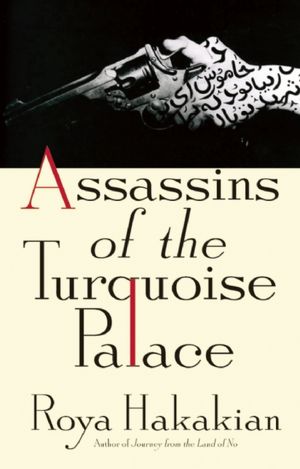International Women’s Day, Iranian Women’s Rights
 This morning I attended a panel discussion about the status of the struggle for women’s rights in Iran. Sponsored by the organization Iran 180 and scheduled in honor of International Women’s Day, the panel included Roya Hakakian, a writer, poet, and producer based in New York, Solmaz Sharif, a dissident journalist and poet, and Arash Abadpour, a (male) computer scientist and popular Persian and English language blogger.
This morning I attended a panel discussion about the status of the struggle for women’s rights in Iran. Sponsored by the organization Iran 180 and scheduled in honor of International Women’s Day, the panel included Roya Hakakian, a writer, poet, and producer based in New York, Solmaz Sharif, a dissident journalist and poet, and Arash Abadpour, a (male) computer scientist and popular Persian and English language blogger.
Iran is an important topic in Jewish news media, even more so recently, with speculation about its development of nuclear capabilities and discussion of appropriate American and Israeli responses. But spending Purim morning thinking specifically about the status of women in Esther and Vashti’s ancient home seemed appropriate. The panel’s moderator, New York Times reporter Anne Barnard, successfully guided discussion towards intra-Iran human rights issues but unfortunately had less success keeping the focus on women.
Beyond an acknowledgment of the courage of women dissidents in Iran in general and specific recognition of Nazanin Khosravani who just two days ago began a six year prison sentence after refusing to write a letter admitting fault and requesting pardon for “collusion” and “propaganda” against the regime, the panelists’ discussion was quite general and non-gender specific.
From a Jewish perspective (and an International Women’s Day perspective) that is too bad. The struggle of women in the juxtaposition of extremist theocratic suppression of women’s rights, everyday sexism, and a fairly liberal and educated, but struggling, middle class could prove all too relevant to those concerned about the situation in Israel.
4 comments on “International Women’s Day, Iranian Women’s Rights”
Comments are closed.




Thank you Tara for your thoughtful coverage of the debate.
Tara, thanks a ton for giving us your views on the debate. Yeah, Iranian women are fighting to win back their position in the society, trying as hard as they could to get back their country as it was before the revolution of 1979. They’re living with a hope…